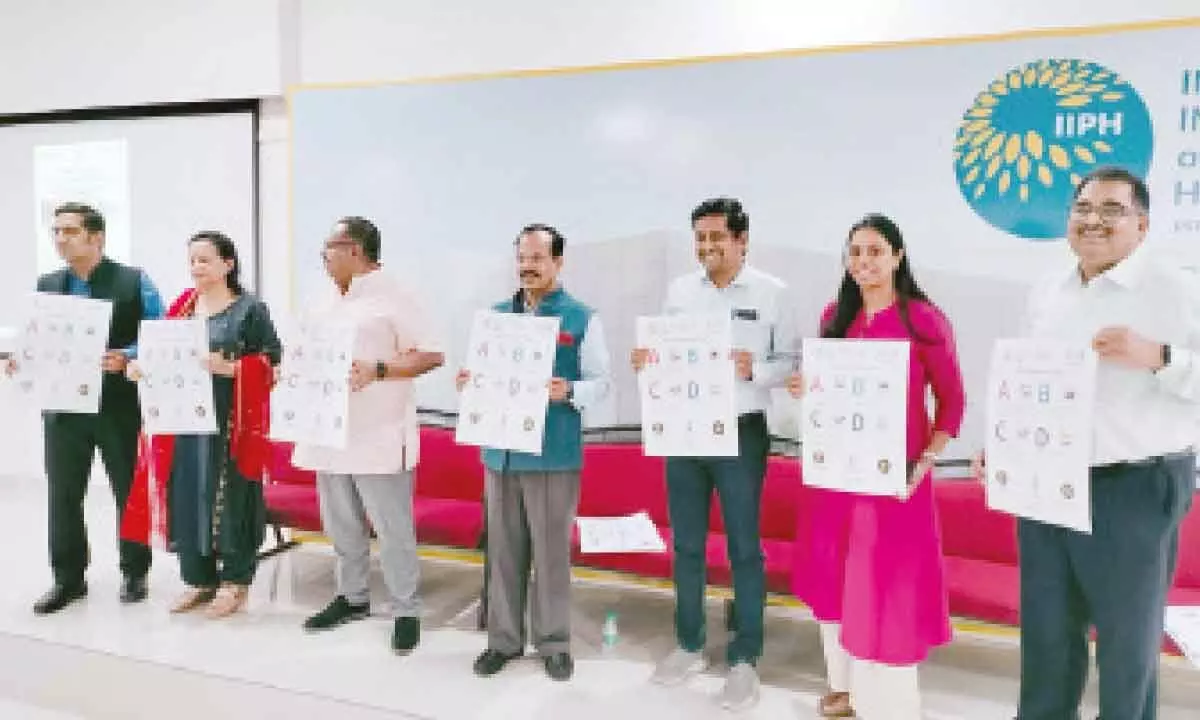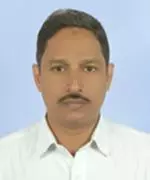Experts push for more proactive mechanism to address autism

IIPH holds seminar in collaboration with UNICEF and Fernandez Foundation
Rangareddy: Expressing concern over the lack of a proactive support system for children with autism, Dr. Samir Hasan Dalwai, a developmental and behavioural pediatric (IAP) said, “there is a need to open the door of inclusiveness for children with autism. We need to provide them all opportunities to thrive and to become a fully functional member of society as every child deserves an opportunity to grow and contribute to the community.”
He was addressing a seminar organised by the Indian Institute of Public Health (IIPH) Rajendranagar on Monday in collaboration with UNICEF and Fernandez Foundation to mark the World Autism Day.
Picking up a topic ‘Neurotypical Vs. Neurodivergence – Understanding Autism,’ he said, “the need of the hour is to focus on developmental delays among children.”
“Millions of children in India have never been to a pediatrician ever in their lifetime,” he said, adding that the “general physicians are the only one-stop solution for all health-related issues for most people. We need to change this code of belief and bring more proactive system in place at least to address the growing concern of autism.”
Highlighting the importance of early screening of children, Dr. Samir said, parents and frontline staff like ASHA/Anganwadi workers and ANMs are the primary peers that notice the behavioural change and the developmental delay among children.
“The common issue with identifying a developmental delay is a stigma, a tendency to hide or report the disorder similar in the case of HIV. Need to overcome this stigma. Parents first need to focus on behavioural change among their wards from birth to stepping into school. For sure, if we don’t know the problem, we can’t even find the solution,” he argued.
Dr. Rajan Shukla, Dean, Public Health Practice and Community Engagement, (IIPH), shed light on comprehensive measures being taken to identify and diagnose children in early stage. “There should be a proactive support system to address autism as affected children need a lot of care not just for one or two years, but for several years,” he said.
“A pilot project was put into play in five districts of both Telugu States, including Sangareddy and Nagarkurnool (Telangana) and Manyam, Vizianagaram and Kurnool (AP). We are working on the project through ASHA, Anganwadi workers and ANMs to empower affected parents and to work on child’s development, besides monitoring development millstones so as to ensure timely screening of disorder and holistic development of children. The project was started in 2019,” Dr. Rajan explained.
Addressing the audience on ‘Strengthening Healthcare facilities for the management of Autism Spectrum Disorder (ASD),’ Dr. Tejo Pratap, senior consultant neonatologist, Fernandez Foundation, said, “We need to look at the root cause of the problem and start working on the health system accordingly.”
The behaviour-based ground data, he said, should be interlinked with policies and modalities being prepared to address the disorder that has significantly increased in recent years. This way we can bring the system into play that ultimately helps to provide better care to children suffering from autism.
“Sensitising about the problem helps bring a change in code of belief among the affected families,” he said, adding “most families often are found giving up hope when it comes to providing better care to their autistic children.”
He said autism was earlier a rare disorder, but now it is increasing by 10% every year. A recent publication says one in 100 babies have autism spectrum disorder mainly of different severity. We need to accept this problem and it is growing like any other epidemic like Covid. We need to strengthen our system just like we have tackled Covid.”
Dr. DedeepyaPuskur, developmental pediatrician, Fernandez Foundation, explained the role of parents in understanding the behavioural change among children and action that needs to be taken after the diagnostic process.
Dr. Sugunkar Reddy, president, Indian Academy of Pediatrics Twin City branch (IAPTCB) and Dr. Srikrishna, paediatrician and treasurer (IAPTB) enlightened the audience about various ongoing programmes introduced by IAP with regard to autism and other developmental disorders.








